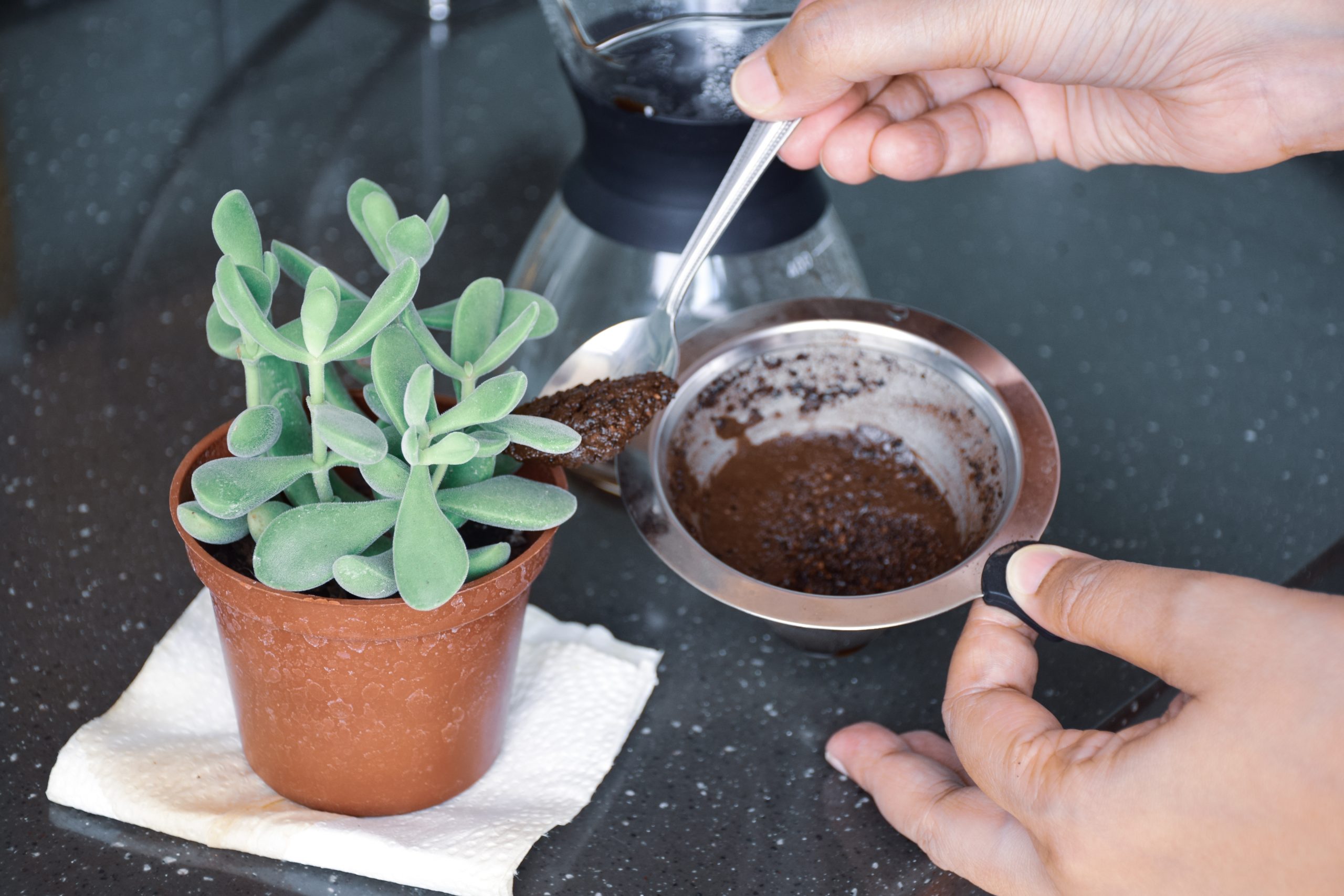Sustainable gardening is about cultivating a garden that not only looks beautiful but also supports the environment. By using eco-friendly methods, you can reduce waste, conserve water, and encourage biodiversity, all while creating a thriving, healthy garden. Whether you’re a seasoned gardener or just starting out, adopting sustainable practices can make a big difference. Here’s how to implement sustainable gardening techniques for a greener, more eco-friendly garden, complete with tips, tricks, and insights.
1. Start with Healthy, Organic Soil
Healthy soil is the foundation of any sustainable garden. It helps plants grow stronger and more resilient to pests and diseases. By using organic compost and natural soil amendments, you can improve soil quality without relying on chemical fertilizers.
Tip: Composting kitchen scraps, yard waste, and other organic materials is one of the best ways to enrich your soil naturally. Compost adds essential nutrients and improves the structure of the soil, allowing for better water retention and drainage.
Trick: Test your soil before planting to determine its pH and nutrient levels. This will help you know what amendments to add for optimal plant growth. Many local garden centers offer affordable soil testing kits.
Insight: Healthy soil teems with beneficial microorganisms that break down organic matter and release nutrients to plants. Avoid synthetic fertilizers, which can harm these microorganisms and lead to nutrient depletion over time.
2. Practice Water Conservation
Water is a precious resource, and sustainable gardening involves using it wisely. Overwatering not only wastes water but can also harm plants by drowning their roots. By incorporating water-efficient practices, you can keep your garden lush while reducing water usage.
Tip: Water your garden early in the morning or late in the evening when temperatures are cooler. This reduces evaporation and ensures that more water reaches the plant roots.
Trick: Use a drip irrigation system or soaker hoses to deliver water directly to the roots of your plants. These methods reduce water waste and prevent over-spraying that can occur with traditional sprinklers.
Insight: Mulching your garden beds with organic materials like straw, bark, or leaves helps retain moisture, reduce evaporation, and regulate soil temperature. Mulch also suppresses weeds, which can compete with your plants for water.
3. Choose Native Plants and Companion Planting
Native plants are naturally adapted to your region’s climate, soil, and rainfall patterns, making them a perfect fit for sustainable gardening. They require less water, fertilizer, and pest control, as they are already suited to the local environment.
Tip: Research plants that are native to your area and incorporate them into your garden. These plants are typically more drought-tolerant and resistant to local pests, reducing the need for chemical interventions.
Trick: Practice companion planting, where different plants are strategically placed together to benefit each other. For example, planting marigolds alongside vegetables can help repel pests, while nitrogen-fixing plants like beans enrich the soil for their neighbors.
Insight: By choosing native plants, you’ll also attract beneficial wildlife, such as bees, butterflies, and birds, which help pollinate your garden and contribute to a healthier ecosystem.
4. Use Organic Pest Control
Sustainable gardening means avoiding harmful pesticides that can damage the environment, harm wildlife, and even affect your health. Instead, focus on organic pest control methods that keep your garden safe and healthy.
Tip: Introduce beneficial insects like ladybugs, predatory beetles, and lacewings, which naturally control pest populations. These insects can keep harmful pests like aphids and caterpillars in check without the need for chemicals.
Trick: Use homemade, organic pest repellents, such as a mixture of water and dish soap to control aphids, or neem oil spray for a variety of garden pests. You can also use physical barriers, like row covers or nets, to protect your plants from insects.
Insight: Encourage biodiversity in your garden by planting a variety of plants. A diverse garden is less likely to suffer from pest infestations, as it creates a balanced ecosystem where pests have natural predators.
5. Reduce Waste with Recycling and Reusing
Sustainable gardening also involves minimizing waste by reusing materials and recycling what you can. By being resourceful with materials, you can cut down on garden waste and keep your garden eco-friendly.
Tip: Reuse old containers, pots, or even broken household items as planters. You can repurpose wooden crates, metal tins, or even old shoes to create unique plant containers instead of buying new ones.
Trick: Use rain barrels to collect and store rainwater for your garden. This free resource can reduce your water bill and help conserve municipal water.
Insight: Avoid using plastic wherever possible. Instead, opt for biodegradable pots made from materials like coir, wood, or recycled paper. These are not only eco-friendly but also break down naturally in the soil.
